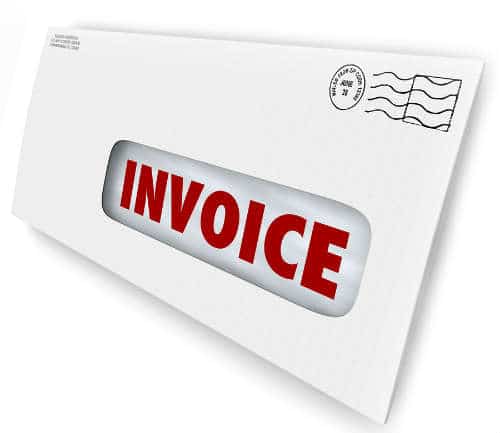Q: A woman recently reached out to me, explaining that she was in the middle of a divorce, and that her spouse wasn’t paying a debt he agreed to pay – namely, the couple’s timeshare bill.
She was making all of her required payments, but the husband wasn’t, and now the timeshare payment was delinquent and about to go into collections.
So she wanted to know whether she should add a consumer statement to her credit report explaining the situation to creditors and others who might see her credit files.
Here’s my answer to her – which is advice that can help anyone who is thinking about adding a consumer statement to a credit report.
A: Sorry to hear about your divorce and the financial fallout with your soon-to-be ex husband. Unfortunately, people don’t always do the right thing — especially amid divorce — and there’s no way you can make them act right.
When it comes to finances, the problem is that any joint account affects you both, no matter what your divorce agreement might ultimately say and no matter what private agreement the two of you may reach. Bottom line: for any account in which you were both co-signers, you are still both individually and jointly legally responsible for the debt.
Now let’s assume that he continues to fail to pay his share of the time share bill and it does, in fact, go into collections.
Frankly, adding a statement to your credit report isn’t going to do any good, and in fact, in could do some harm — to the extent that creditors, lenders and others may view your consumer statement with disdain or suspicion.
Creditors/lenders have seen/heard it all. They often see those consumer statements on credit reports as “excuses” at best or at worst, as a failure to plan and prepare for the unexpected in life.
So even though you have a legitimate explanation, and even though it’s not you who has been the irresponsible party, any attempt to explain it may appear to be a rationalization or a short-coming on your part.
In a nutshell, creditors may think: “Fine. He didn’t pay the bill, but why didn’t you step in and pay it?” I know that’s not fair. But believe it or not, that’s precisely what happens so very often.
Here’s another problem with consumer reports: sometimes they can’t be readily or quickly removed if you change your mind or if the problem gets resolved.
I’ve known instances where people put a statement on their credit reports, gotten the situation fixed, but then despite their requests, the credit bureaus didn’t speedily change the report or didn’t delete the statement at all.
When that happens, a person may later have a clean credit report, but a lender is looking at the report and asking “‘what happened before” that made you put that statement there?
In such cases, the consumer statement is kind of a red flag. Not saying a borrower would be denied a loan or anything, but it’s a potential complication to have to explain it to a bank.
For all these reasons: I suggest that you do NOT add a consumer statement to your credit files.
The good news is that timeshares are usually NOT reported on a credit report; that can occur, however, if an account goes into collection or the timeshare company gets a judgment against you. Judgments would be shown on the “public records” section of your credit report.
Hopefully, your ex will come to his senses or at least make partial pay arrangements to prevent full-blown collections from damaging either of your credit reports.
I hope this helps you … and good luck!








